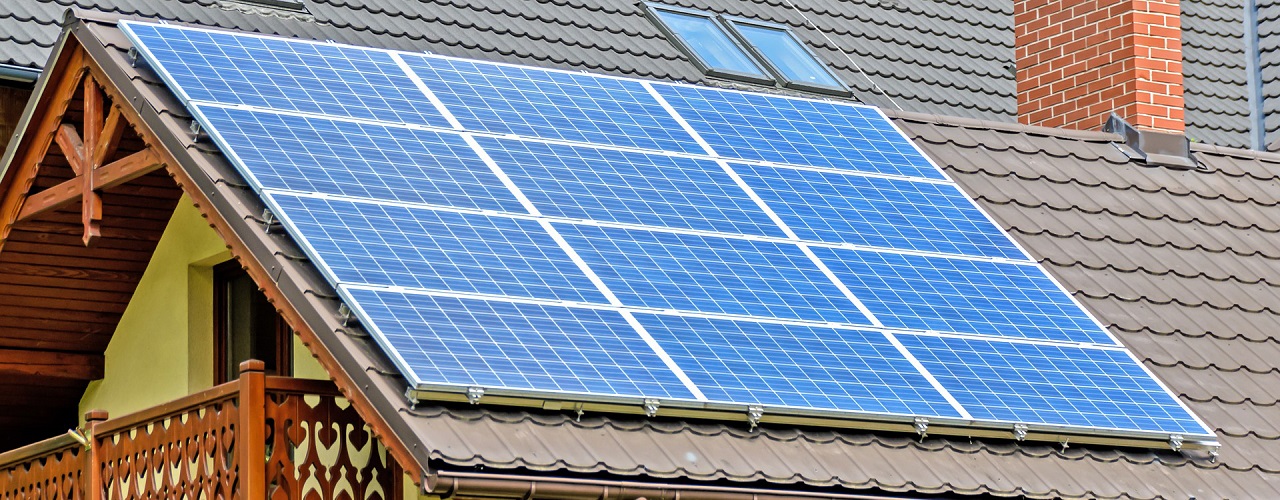
AleaSoft, February 5, 2019. AleaSoft analyses the proposal of a Royal Decree to regulate self-consumption in Spain, and its impact on the achievement of the environmental objectives of reducing greenhouse gas emissions by 2030 and the development of photovoltaics.
With the aim of promoting self-consumption with renewable generation, the government has published the draft Royal Decree that regulates the administrative, technical and economic conditions of self-consumption. With this objective, the proposal simplifies self-consumption modalities, administrative procedures and registration, eliminates charges and tolls for self-consumed energy, and creates a simplified compensation mechanism to reward the self-producer the surplus energy fed into the grid.
In AleaSoft it is considered that self-consumption is an important piece in the energy transition towards the decarbonisation of the production of electricity, because, on a domestic and small industries scale, the preferred solution will be self-production with photovoltaic panels, since solar radiation is the most abundant natural resource in the Iberian Peninsula, especially in its southern half. This Royal Decree would undoubtedly be the definitive boost that photovoltaics would need in Spain. At AleaSoft, it is also considered important the increase of energy efficiency that the increase of self-consumption will bring, both by reducing losses in the transport of energy, as well as the awareness that supposes for the consumer the fact of being able to control its production in addition to its consumption, what has been called the empowerment of the consumer.
The technical simplifications introduced by the Royal Decree proposal are significant and only defines two modalities of self-consumption: with and without surplus energy. In the surplus mode, if the energy source is renewable and the power of the installation is less than 100 kW, the self-producer will be able to benefit from the simplified compensation, which will deduct from its electricity bill the price of the surplus energy fed into the grid. If the electricity supply contract is with a free market retail company, the price that will be compensated will be the one negotiated and stipulated in the contract. If the supply contract is with a reference retailer, then the price will be that of the wholesale market for each hour. In any case, the economic compensation received for the energy fed into the grid may not exceed the value of the energy consumed within the billing period, which will be, at most, one month.
The draft also permits collective self-consumption when more than one consumer is associated with the same production facility. The connection between the production facility and the point of consumption can be either within the same home network or by a direct line, or through a low voltage line if both belong to the same transformer station, they are less than 500 meters apart or have a cadastral reference sufficiently close. Of course, whenever the low voltage network is used for self-consumption, the electric system will have to be economically compensated.
The Royal Decree proposal also allows the installation of batteries and accumulation elements without further requirements that the devices comply with the required safety and industrial quality regulations.
Regarding access tolls, one of the most controversial points in current regulation, the draft Royal Decree exempts surplus energy from satisfying access tolls. It also exempts from obtaining access and connection permits to facilities under the self-consumption modality without energy surplus, and installations in the modality of self-consumption with energy surplus will also be exempt if their power is equal to or less than 15 kW.
According to AleaSoft, the approval of this proposal for a Royal Decree will mean a very significant boost for the implementation of self-consumption and the achievement of environmental goals in Spain. It will be so much for the technical and administrative simplifications involved, as for the demystification of the belief that self-consumption was not profitable until now with the misunderstanding of the “sun tax”.
Source: AleaSoft Energy Forecasting.
